In May 2023, the University of Queensland hosted a local workshop focused on the theme “Urban Transition with Wood for Enhanced Resilience of Cities and Forests.” The event explored how timber can play a crucial role in the transformation of urban environments to improve sustainability and resilience. Building on the discussions and insights from this workshop, Australian representatives travelled to Japan in November 2024 to participate in a series of global workshops organized by the Tohoku Forum for Creativity.
The Australian delegation included ARC Advance Timber Hub Investigators – Dr Lisa Ottenhaus and Kim Baber from the University of Queensland, Mick Stephens and Clarissa Brandt from Timber Queensland, Kevin Peachey from Forest and Wood Products Australia (FWPA), and Travis Wacey from the CFMEU. The workshops were held across multiple locations in Japan and brought together an international group of researchers, students, and industry professionals.
Presentations and discussions were led by experts from prestigious institutions such as Tohoku University, Okayama University, Chalmers University of Technology, Technical University of Dresden, the University of Canterbury, and the University of Auckland. Kyoto University also contributed to the dialogue. A broad range of perspectives on timber-based urban development were shared, including those from timber processors, manufacturers, industry associations, architects, and engineers.
Participants also had the opportunity to visit various sites, including iconic timber structures designed by renowned architect Kengo Kuma. Other notable visits included native and plantation forests, a biomass plant, and the Meiken Lamwood CLT (cross-laminated timber) factory. A particularly poignant visit was to the de Sendai 3/11 Memorial Community Center and the ruins of buildings destroyed by the 2011 tsunami, which underscored the importance of resilience in both urban design and disaster recovery.
The series of workshops concluded with a collaborative session that identified timber education and research as key areas for future synergy and growth. Following the workshops, the Australian delegation continued their study tour in Tokyo, where they met with industry stakeholders and toured several notable timber structures, including the Ariake Gymnastic Centre in Tokyo, designed by Nikken Sekkei.
The conversations and collaborations initiated during these workshops will continue to evolve, with a significant follow-up event scheduled for the World Conference on Timber Engineering in 2025. This global exchange highlights the growing importance of timber in creating resilient, sustainable urban futures and emphasizes the potential for continued international cooperation in this field.
For more information about the Tohoku Forum for Creativity’s Future Society Design Program, visit their website.
 Japan National Stadium in Tokyo built for the 2020 Summer Olympics and Paralympics. Design by Kengo Kuma. The cladding features timber from each of Japan’s 47 prefectures
Japan National Stadium in Tokyo built for the 2020 Summer Olympics and Paralympics. Design by Kengo Kuma. The cladding features timber from each of Japan’s 47 prefectures
 Group photo at Okayama University Visionary Commons Building design by Kengo Kuma
Group photo at Okayama University Visionary Commons Building design by Kengo Kuma

GREENable HIRUZEN pavilion, which was design for the Tokyo Olympics and deconstructed and relocated to Hiruzen-Kogen Highlands in Maniwa (Okayama prefecture). Designed by Kengo Kuma
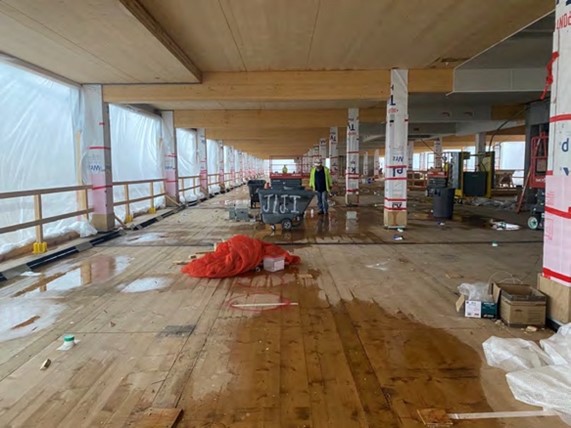
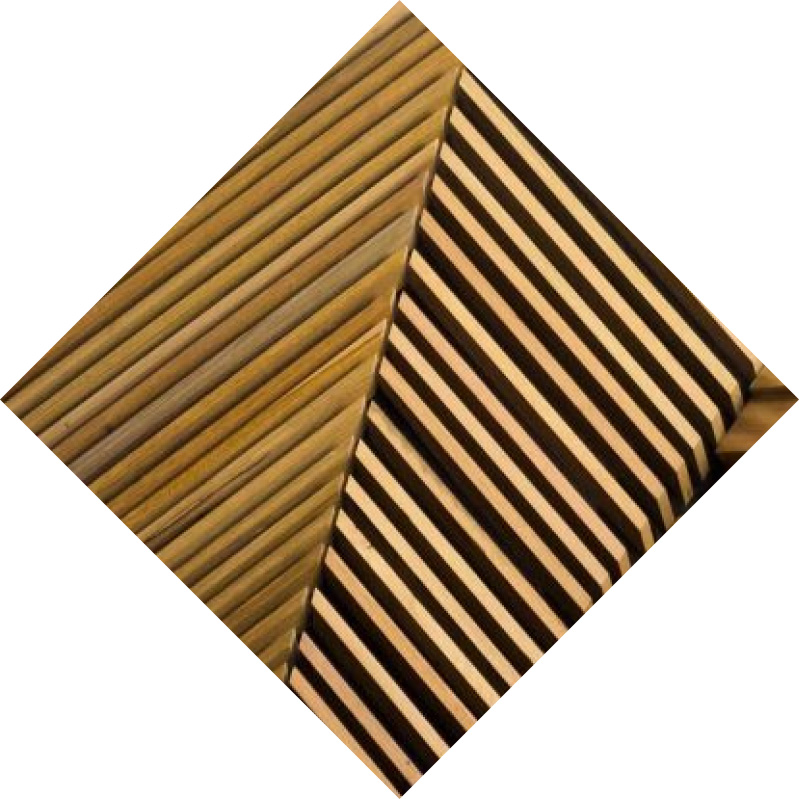
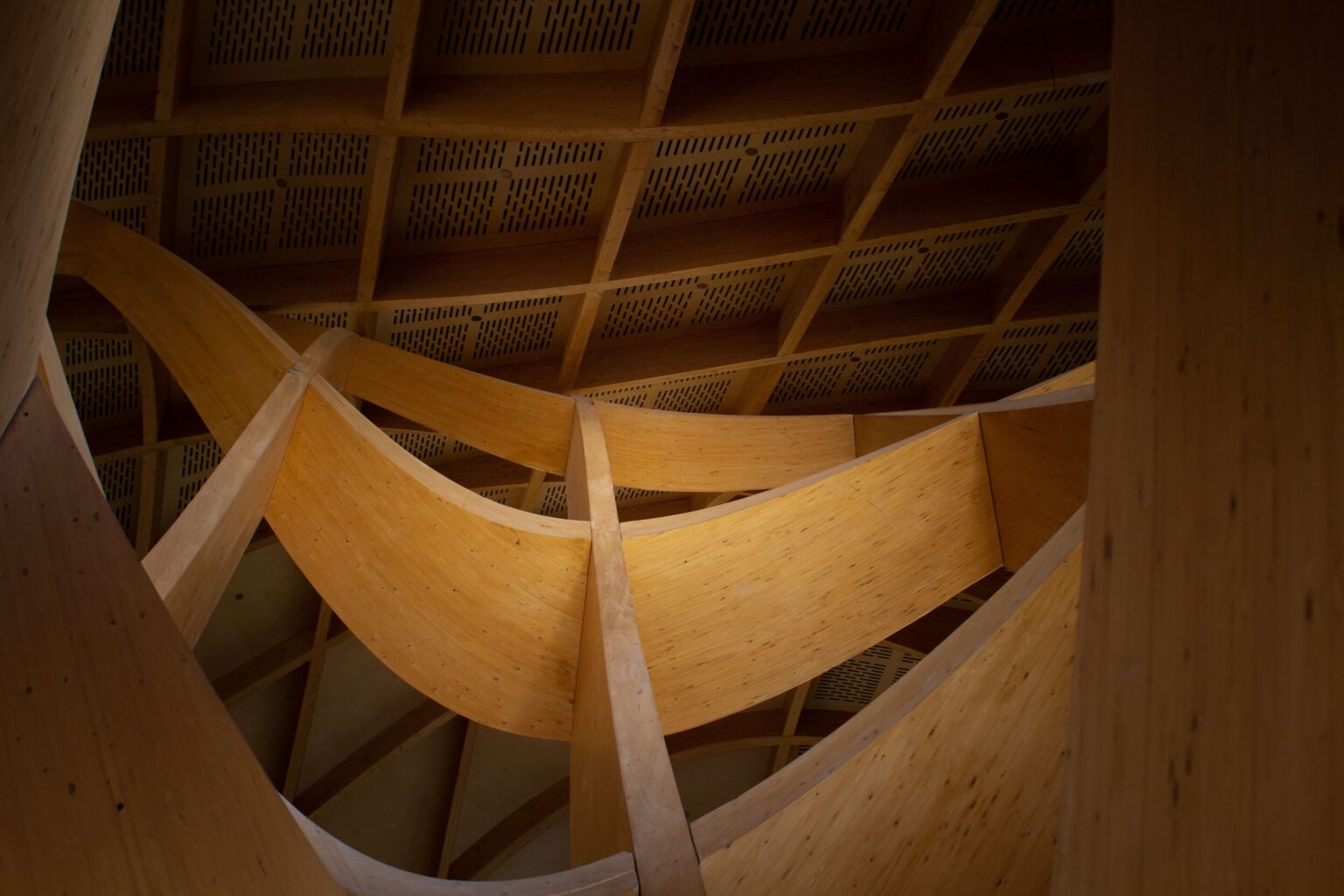
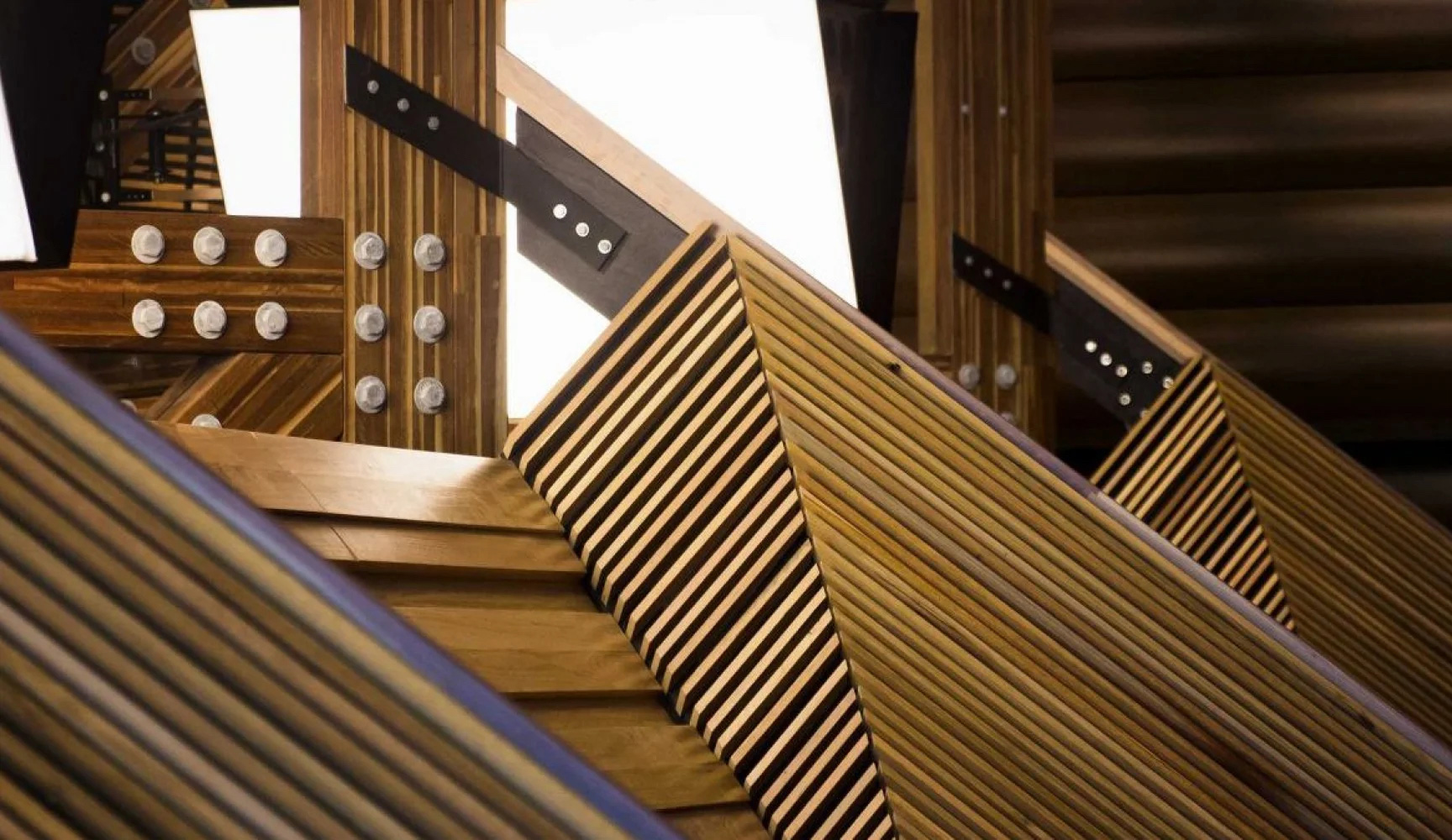

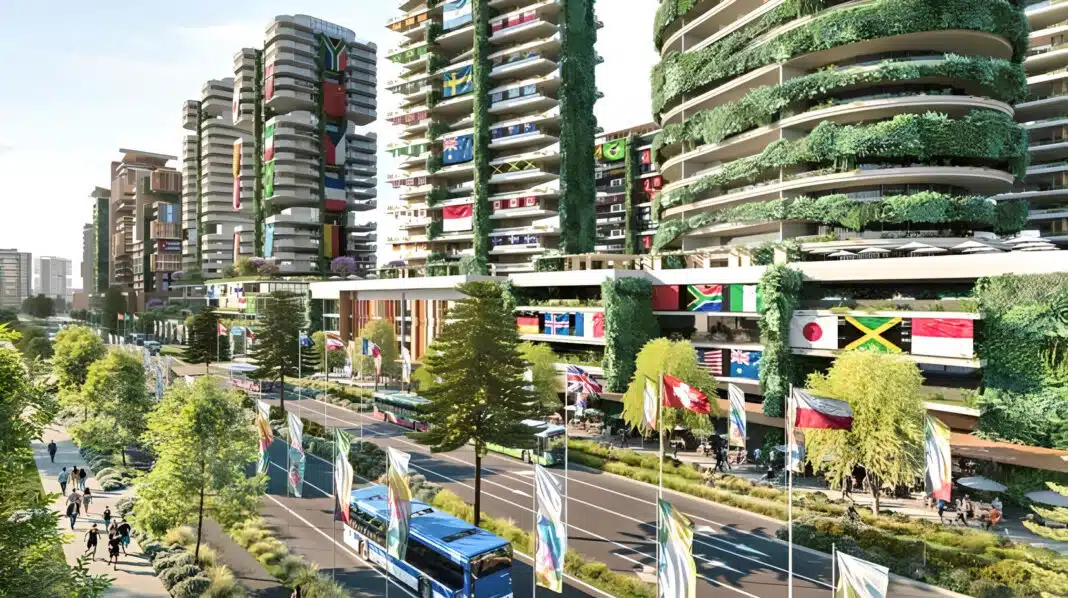
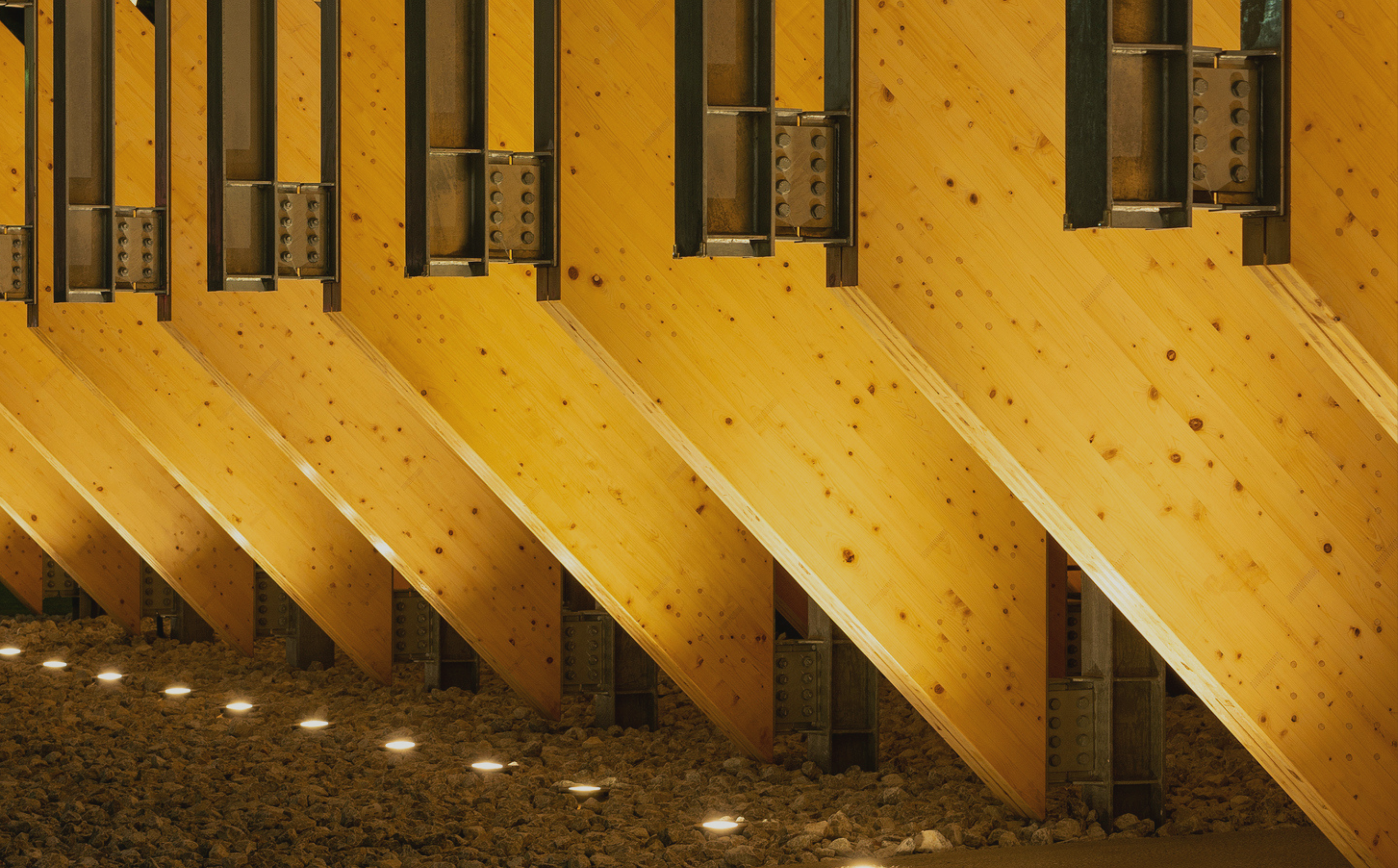
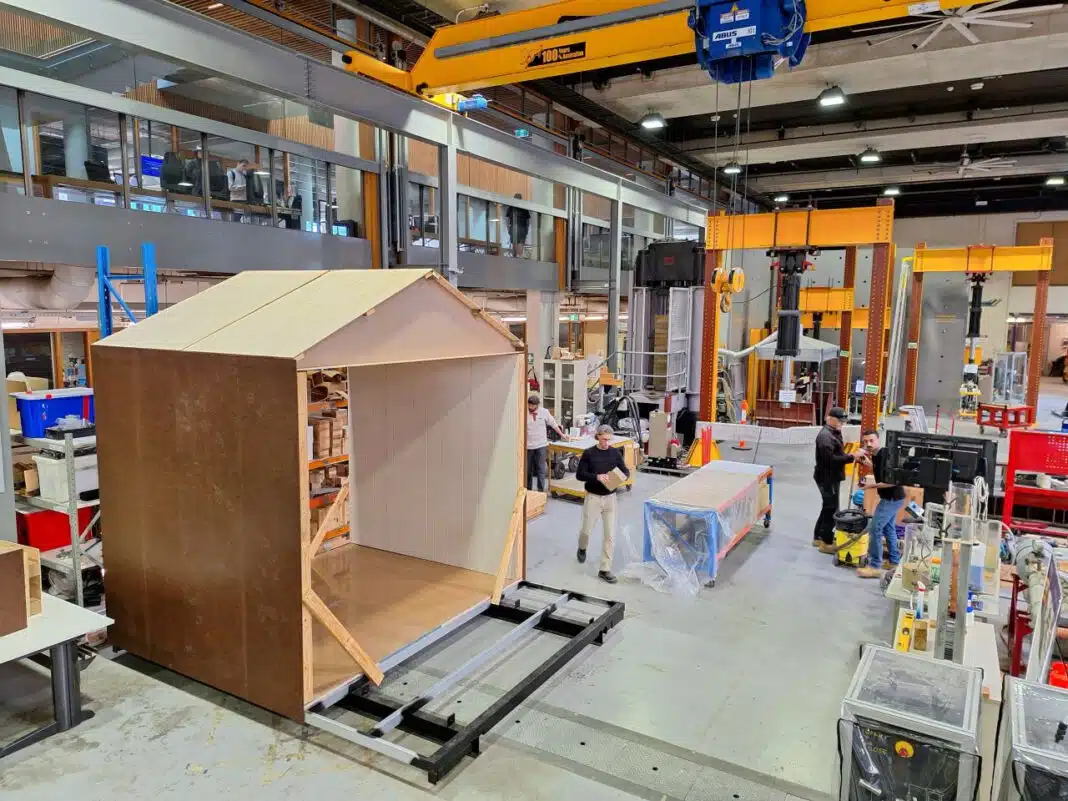
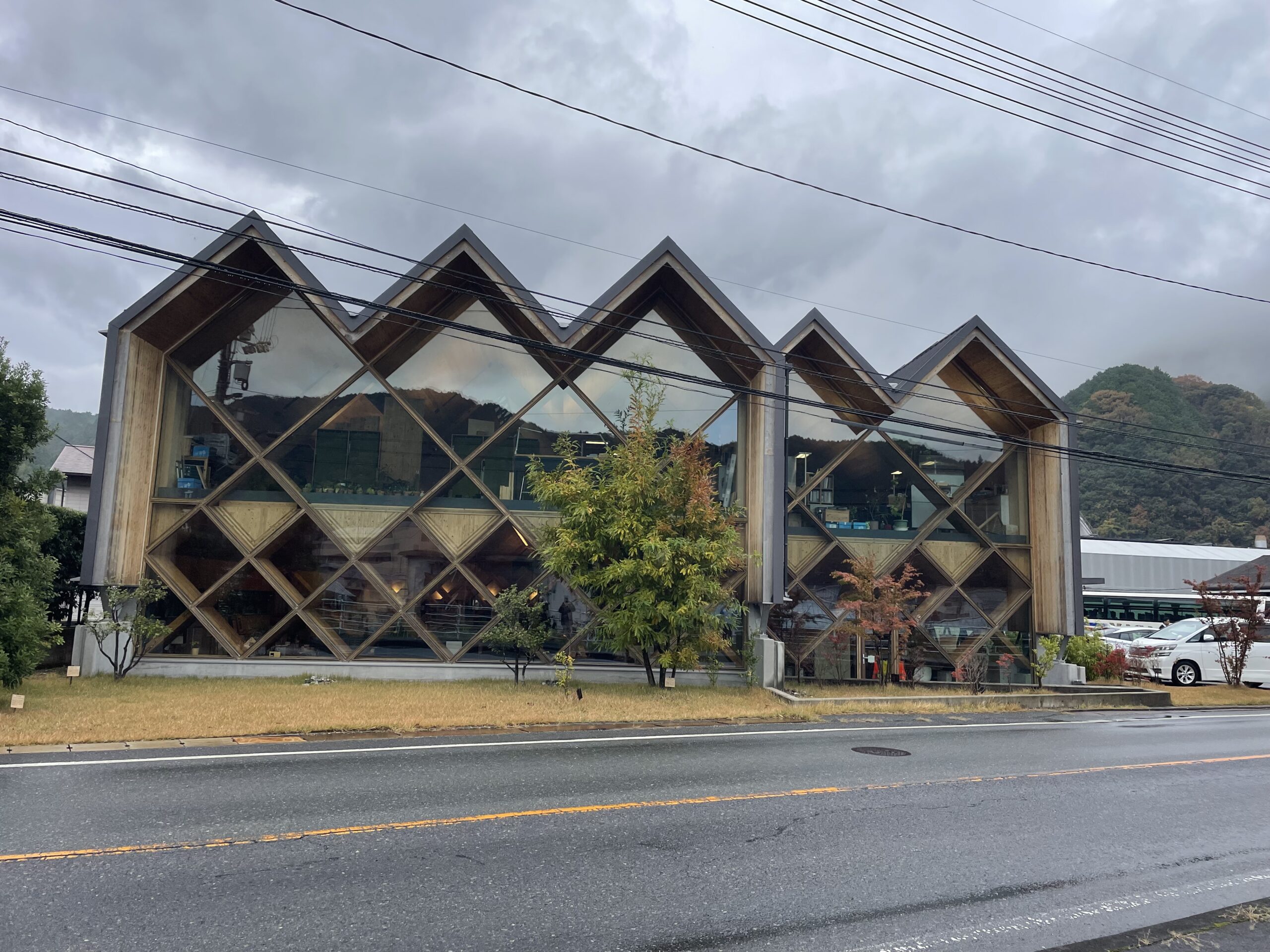
 Japan National Stadium in Tokyo built for the 2020 Summer Olympics and Paralympics. Design by Kengo Kuma. The cladding features timber from each of Japan’s 47 prefectures
Japan National Stadium in Tokyo built for the 2020 Summer Olympics and Paralympics. Design by Kengo Kuma. The cladding features timber from each of Japan’s 47 prefectures Group photo at Okayama University Visionary Commons Building design by Kengo Kuma
Group photo at Okayama University Visionary Commons Building design by Kengo Kuma